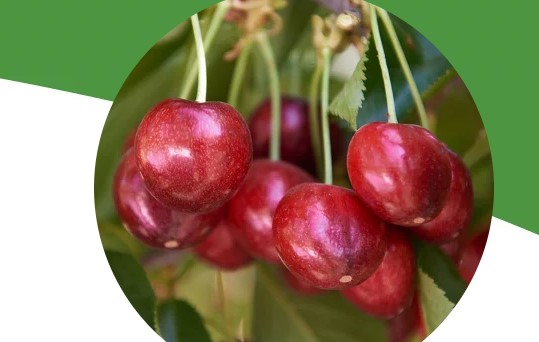Plant breeders have adapted fruits and vegetables to become resistant to climate change’s impacts like floods, droughts, and a gradually warming planet, reports The New York Times.
A few varieties are already in grocery stores, like heat-resistant cherries, while others need more time to develop before hitting the market.
One retail-ready cherry solution is called Cheery Cupid, a heart-shaped cherry from International Fruit Genetics. Normally, cherries require “chill hours,” a month of temperatures between 32 and 45 degrees Fahrenheit, however, these cherries only require one-third of the cold weather time to mature.
“What we are trying to do is make them more tolerant in the summer to withstand this ridiculous heat, but they also need to survive a hotter winter,” said Chris Owens, the lead plant breeder for the company.
At the University of California, Riverside, scientists are working in partnership with European agricultural company Eurosemillas S.A. to create an avocado that uses less water. The Hass avocado dominates the U.S. market, yet the fruit requires extensive irrigation and a large land area to successfully grow it.
Luna UCR, the avocado varietal, is grown from trees that are slender, shorter, and have a smaller footprint. This allows them to use less water and produce more fruit on less land.
Other climate-resistant produce scientists are innovating include cauliflower, melons, blackberries, carrots, potatoes, and apples. Full Story (Subscription Required)
Related: Hannaford Supports Organic Dairy Farmers; Hy-Vee Seeks Suppliers for Local Summit
Image: International Fruit Genetics

